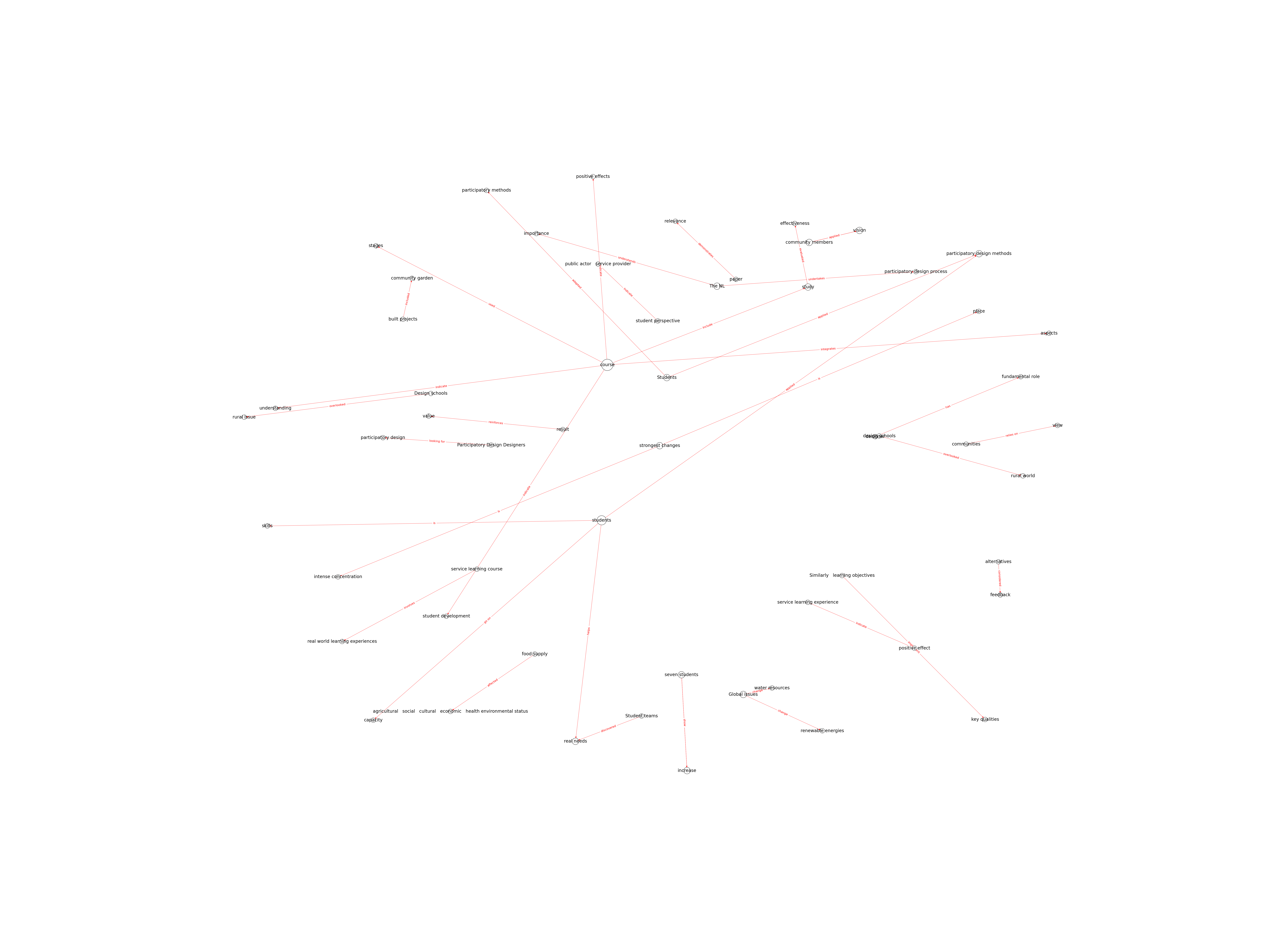| Id | 515 | |
| Author | Trevino Sherk J., Cobreros Rodriguez C. | |
| Title | Rural democratic design: Participatory design and service learning strategies in sustainable development to promote civic mindedness in community development | |
| Reference | Trevino Sherk J., Cobreros Rodriguez C.; Rural democratic design: Participatory design and service learning strategies in sustainable development to promote civic mindedness in community development ;Proceedings of the 21st International Conference on Engineering and Product Design Education: Towards a New Innovation Landscape, E and PDE 2019 vol: issue: page: |
|
| Keywords | Civic mindedness; Ethnographic studies; Participatory design; Rural community development; Service-learning |
|
| Link to article | https://www.scopus.com/inward/record.uri?eid=2-s2.0-85088764120&doi=10.35199%2fepde2019.81&partnerID=40&md5=eca2d85121054c155f3a2342e52b1428 |
|
| Abstract | The Natural Lab is a design-build programme at the Architecture, Art and Design School at the Tecnologico de Monterrey in Queretaro, Mexico. Ethnographic research and participatory design methods were part of a collaborative process aimed at empowering students in creating a sustainable community for the residents of Tilaco, Mexico. Student teams discovered the real needs of the community through ethnographic research, and were involved in daily activities of the community, the important events, and the festivities. This built deep empathy with the people with whom students were designing, getting to understand who they are, what they do, what they think and feel. The attitude was about understanding the emotional needs of the users. In conjunction with the ethnographic information determined during the discovery phase, students applied participatory design methods throughout the process, beginning with activities that helped community members create a vision for their development. Students adapted participatory methods to all the phases of the design process, which were implemented through community workshops. These workshops helped to address complexities, empower community, and balance the need to preserve natural/cultural resources. The student and community’s work culminated in co-design proposals of high social impact through key strategic actions including the construction of small-scale and environmentally responsible projects. © 2019 Institution of Engineering Designers, The Design Society. All rights reserved. |
|
| Metodology | Technique |

Note: Due to lack of computing power, results have been previously created and saved in database


